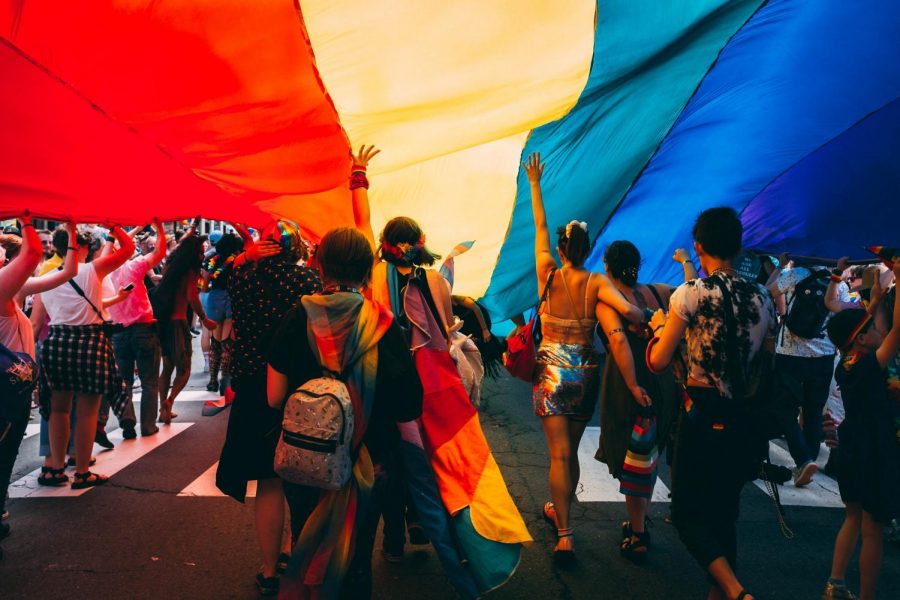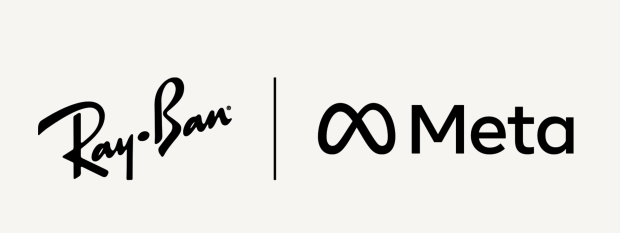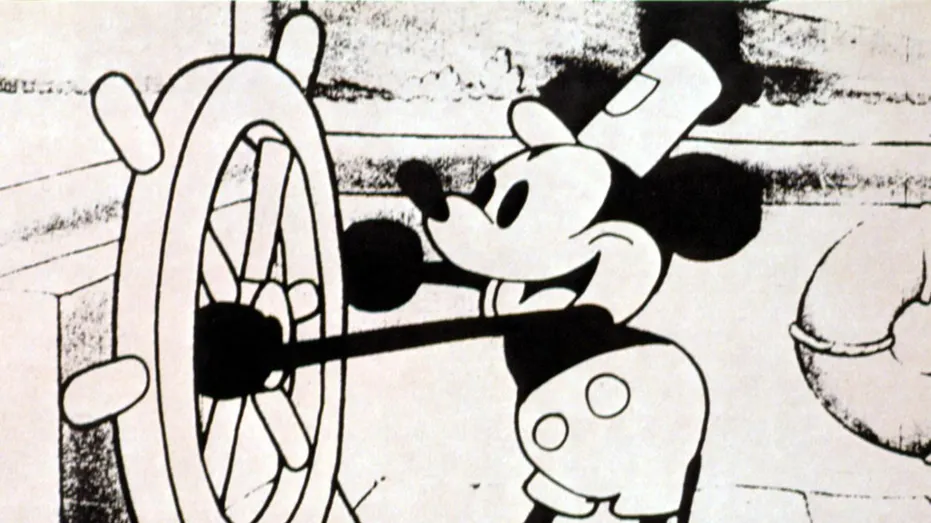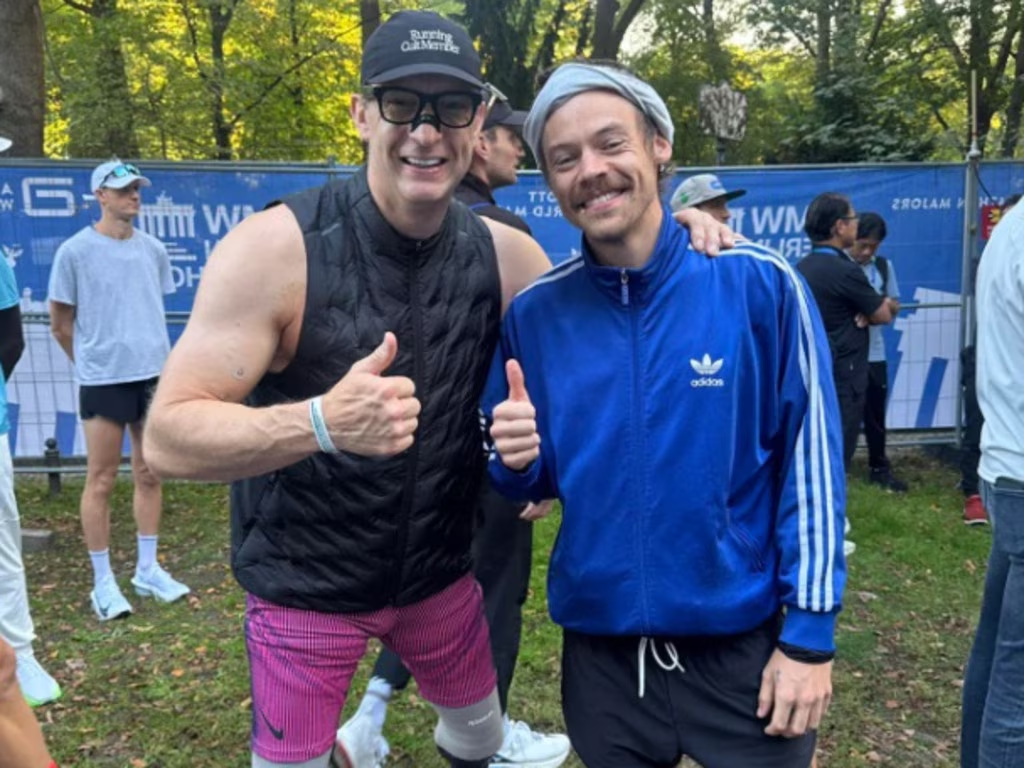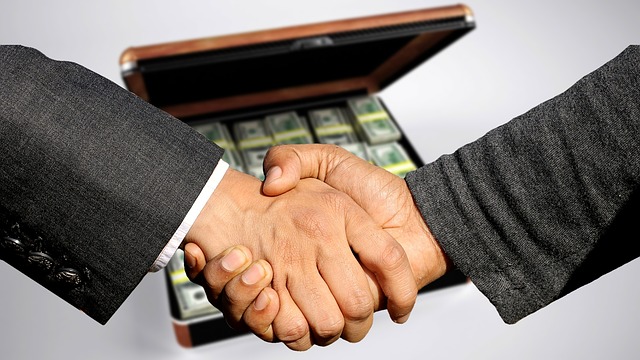Discrimination Against the lgbtqia+ Community
October 20, 2021
It has been on my mind for some time now, the question of ‘why do people hate us?’ our community, I mean. Is it the stigma and stereotypes that surround the community as a whole and the individuals in it? Is it ignorance and the way people were raised? Is it the fault of the media, with all of its idealism? The point is that there are so many sources from where we face discrimination for loving who we love and for being who we are.
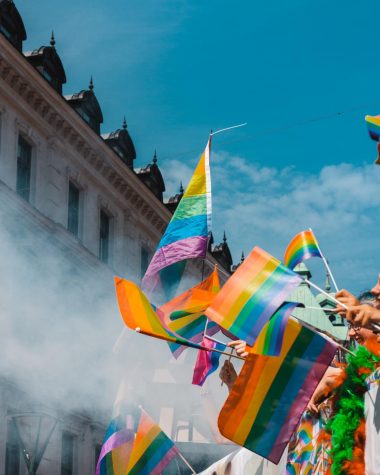 It is known that individuals in the LGBTQIA+ community experience a vast amount of social, economic, and health disparities. These are often a result of laws and policies that treat them as less than human. Some disparities stem from interpersonal roots such as internalized homophobia, but a majority come from the denial of rights: bans on same-sex marriage, employment discrimination, the illegality of queer relationships in 74 countries.
It is known that individuals in the LGBTQIA+ community experience a vast amount of social, economic, and health disparities. These are often a result of laws and policies that treat them as less than human. Some disparities stem from interpersonal roots such as internalized homophobia, but a majority come from the denial of rights: bans on same-sex marriage, employment discrimination, the illegality of queer relationships in 74 countries.
Stereotypes have been around for a long time, with typical things like the jocks, popular kids, and loners. We are all aware of them, however, most people don’t realize the amount of harm they can cause. A harmful stereotype for lesbians is that they attempt to seduce straight women into being queer. As dumb as it sounds, I know that there are people who believe this and discriminate against lesbians for it. Another stereotype often seen in media is that gay men are predators of young straight men. This is harmful because there are a few cases in which it is true that have gone viral on social media, leading ignorant people to believe the same of all gay men. It is often thought that bisexual people are more likely to cheat on their partners because they like more than one gender. It is harmful because it can affect the trust in a relationship, even if the person is unaware of the origin of their distrust. It is commonly thought that asexual and aromantic people hate the physical touch of all kinds, or cannot feel affection or love for people. These are harmful stereotypes because it implies that all asexual people can’t be close to other people and have a type of touch aversion. The aromantic stereotype implies that just because they can’t feel love in a romantic sense, they are unable to form any kind of emotional bond with a person.
Ignorance is another large factor in the discrimination that the LGBTQIA+ community faces. I know many people who have told me that it is “wrong” or “unnatural.” But what is unnatural about being truest to ourselves? What’s wrong with our happiness? People will preach words of love and acceptance until it is something they don’t understand or can’t relate to.
I often see people consuming queer media, whether it be in movies, shows, books, etc. I am happy that I get to live in a time where the LGBTQIA+ community is more widely accepted, and that I can see myself in some of these characters. However, it is not uncommon to see a queer side character used to further the development of the cishet main character. Or how in many cases, the singular queer character is heavily based around stereotypes. People will look at these shows and movies and glamorize them. It brought on the desire to have a “gay best friend.” I remember being told by a person that they wished for a gay best friend. I hate to break it to you but that man in your math class isn’t your new “gay friend,” he is a three-dimensional person who deserves to be treated as such.

